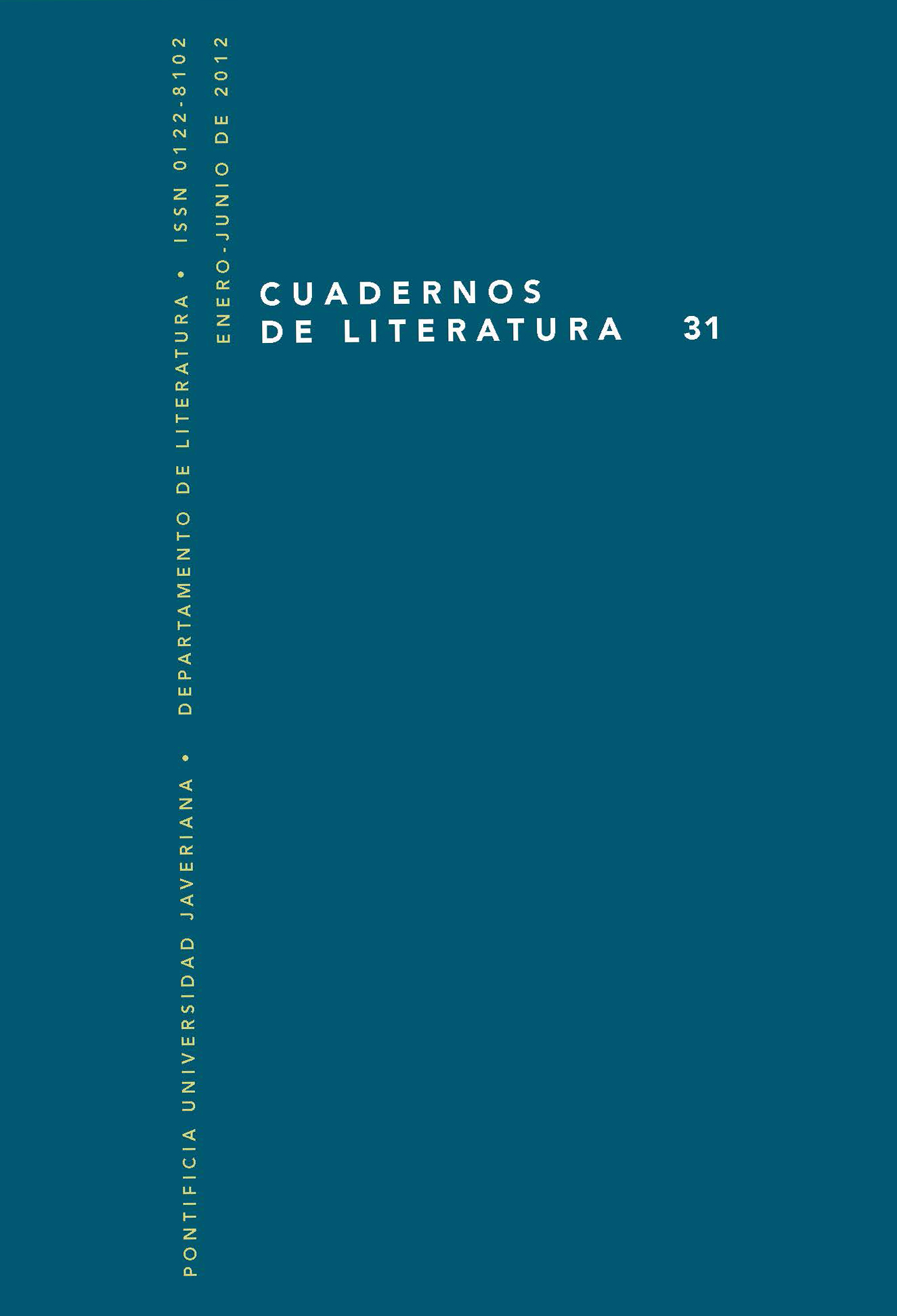Abstract
Cuando mi generación estaba en la escuela primaria, la palabra “nacionalista” tenía una connotación diferente a la de hoy. En los libros de lectura y en la orientación familiar, correspondía en primer lugar a un orgullo patriótico de fondo militarista, nutrido de la expulsión de los franceses, guerra holandesa y sobre todo de Paraguay. En segundo lugar, venía el extraordinario tamaño del país, con el inmenso territorio, el río más grande del mundo, los paisajes más hermosos, la suavidad del clima. En Brasil no hacía demasiado frío ni demasiado calor, la tierra era invariablemente fértil, ofreciendo un campo fácil y amigo del hombre, generoso y trabajador. Finalmente, aquí no había prejuicios raciales nireligiosos, todos vivían armoniosamente, sin luchas ni violencias, y nadie conocía el hambre, pues sólo quien no quisiese trabajar pasaría necesidades. El famoso libro del Conde Afonso Celso, Porque me ufano do meu país (1900), expresaba en un grado de máxima exaltación y de máxima ingenuidad esta visión tonta y peligrosa, que sólo más tarde sería ironizada con el nombre de ufanismo.
Cuadernos de Literatura is registered under a Creative Commons Attribution 4.0 International Public License. Thus, this work may be reproduced, distributed, and publicly shared in digital format, as long as the names of the authors and Pontificia Universidad Javeriana are acknowledged. Others are allowed to quote, adapt, transform, auto-archive, republish, and create based on this material, for any purpose (even commercial ones), provided the authorship is duly acknowledged, a link to the original work is provided, and it is specified if changes have been made. Pontificia Universidad Javeriana does not hold the rights of published works and the authors are solely responsible for the contents of their works; they keep the moral, intellectual, privacy, and publicity rights.
Approving the intervention of the work (review, copy-editing, translation, layout) and the following outreach, are granted through an use license and not through an assignment of rights. This means the journal and Pontificia Universidad Javeriana cannot be held responsible for any ethical malpractice by the authors. As a consequence of the protection granted by the use license, the journal is not required to publish recantations or modify information already published, unless the errata stems from the editorial management process. Publishing contents in this journal does not generate royalties for contributors.


